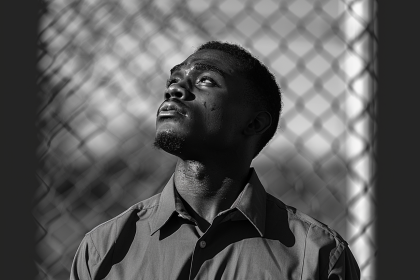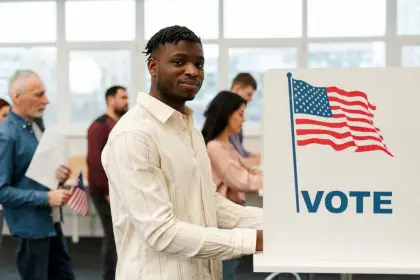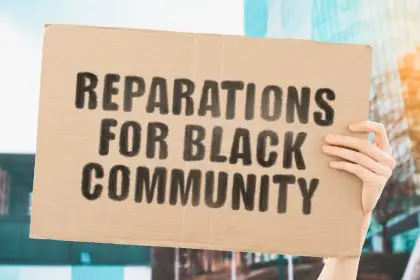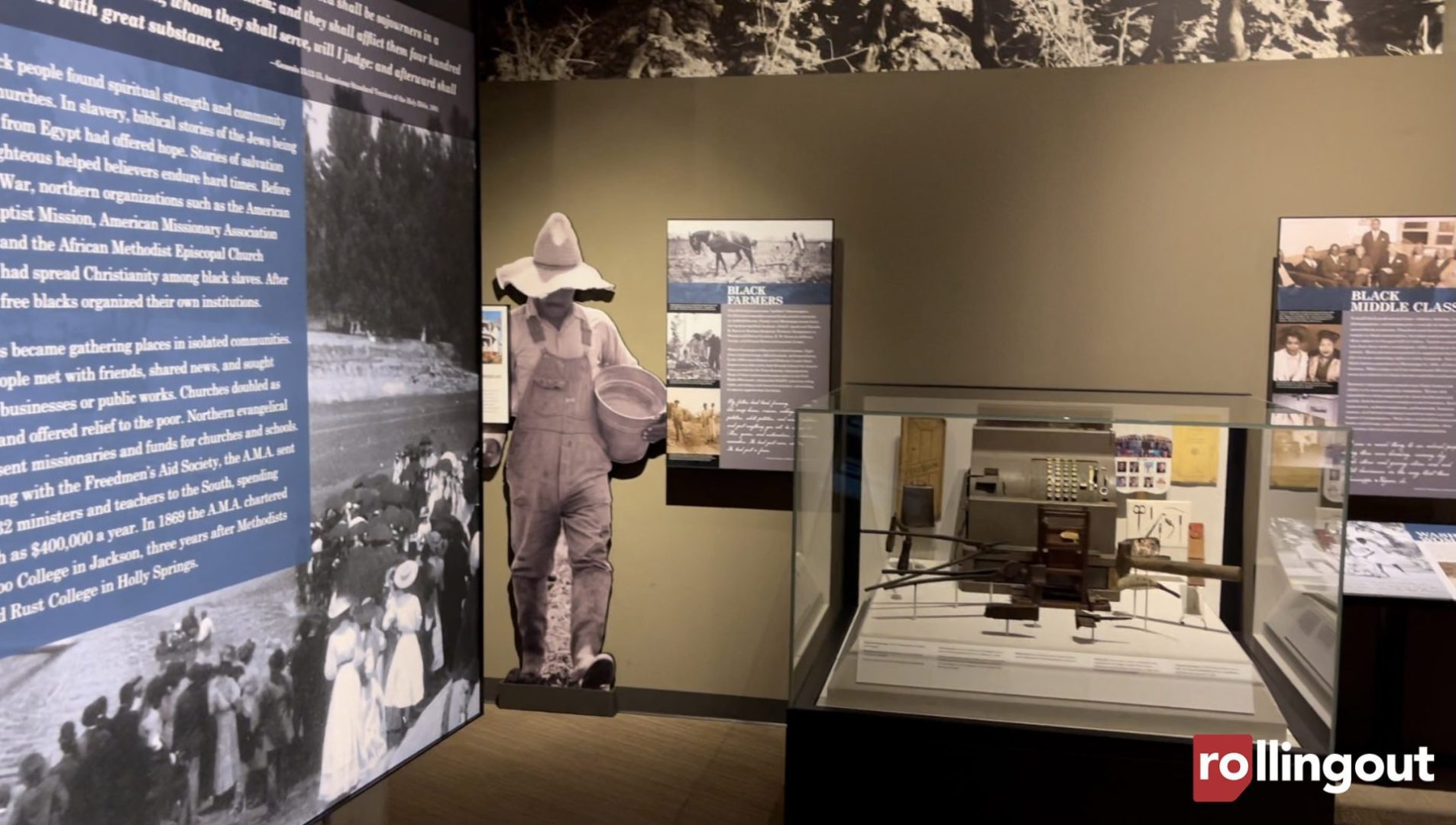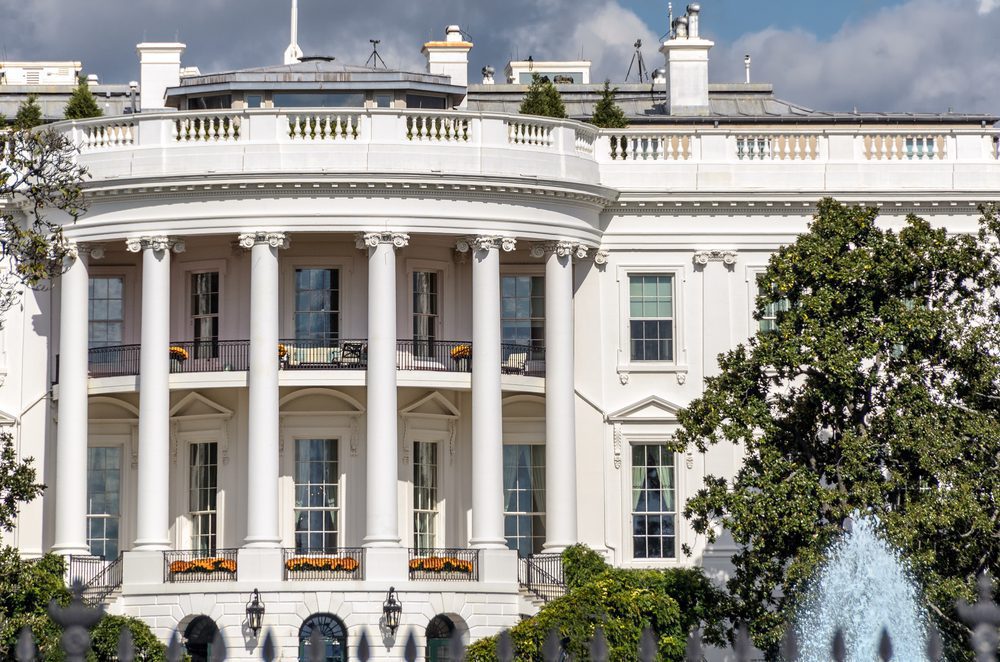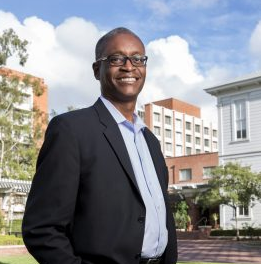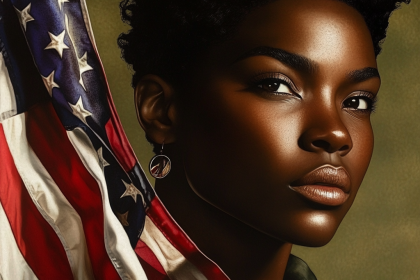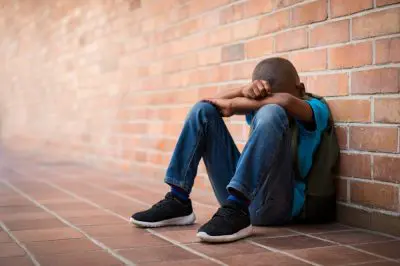If you force a person to work for you free of charge for just a week, you will make a profit, then make 1,000 people work for free an entire year, you will become wealthy but imagine forcing over 100 million people of African ancestry to work free of charge for 400 years. America is the No. 1 superpower in the world today because the bedrock of its wealth was derived from the free labor of enslaved Africans and their descendants. The United States is unquestionably the mightiest government on Earth… the mightiest, the richest and the wickedest. No one can deny that America’s wealth and power stems from 400 years of slave labor and Europe has been the great benefactor of tremendous wealth and power from the darker people of the world, especially in Africa.
In fact, all over Earth the British have colonized indigenous people through force and violence against dark nations. In China during the Opium Wars or the Boxer Rebellion in the early 1800s, the British white man dumped tons of addictive opium into China and when the Chinese rebelled against this proliferation of this drug in their country, they were militarily defeated. By 1837, so many Chinese became Opium addicts that it was perceived that one-third of the population was addicted. Imagine this, the British white man declared war on the Chinese because they resisted the drugs coming in their country. Generation after generation of opium addicts were created by the British, who after defeating the Chinese, put signs on their buildings that read, “ No Dogs or Chinese allowed.” Black America experienced a similar fate by having crack cocaine being flooded into our communities, which reached epidemic proportions.
The No. 1 growth industry in America is the Prison Industrial Complex, which has made a profitable enterprise out of human suffering, especially as it relates to drug abuse perpetrated by this very system. For example, 20 years ago there were 19,000 prisons in America; today there are over 124,000 prisons. A commodity is being made of Black and Brown communities, who continue to suffer from self-hatred, negative media images and social ostracism. The criminal justice system established an unbalanced judicial penalty during the crack epidemic by having a person caught with five grams of crack cocaine for a first time nonviolent offense receive a 5-year mandatory sentence. For 500 grams of powder cocaine, you can receive probation. Although numbers of crack cocaine users have increased for poor whites, 94 percent of crack cocaine users were still Black and Brown people. And 75 percent of powder cocaine users were white males. The “criminal” criminal justice system has targeted low income Black and Brown people. Black people today are the victims of a literal “slave” system and “slave” mentality that continues to permeate in a country that had no use for us after slavery.
Reparations is a debt that is owed to Black people in America and Africa- where the remnants of colonialism has been replaced by neo-colonialism in many African countries , thus taking on the nature and characteristics of their former colonial masters. Native Americans, Japanese interned in concentration camps and others have received some forms of Reparations for what they went through, but what about Black people in America, who unlike these other people, were robbed of any connection to their indigenous culture in Africa. This long overdue debt must be collected with the demand of our collective unity. Public opinion and historical education is the key. Let us make this command together-worldwide.
Malik Ismail is an international traveler and activist. He’s explored many cultures in Africa including Ghana, South Africa and Egypt. He’s traveled to Cuba and South America. This year he visited Rio de Janeiro and Salvador Bahia, Brazil including the favelas of Rocinha and Cidade de Deus (City of God) in Rio. His writings have been featured in the L.A. Watt’s Times, It’s About Time Newsletter, Rolling Out Magazine and The Black Panther Intercommunal News Service.


